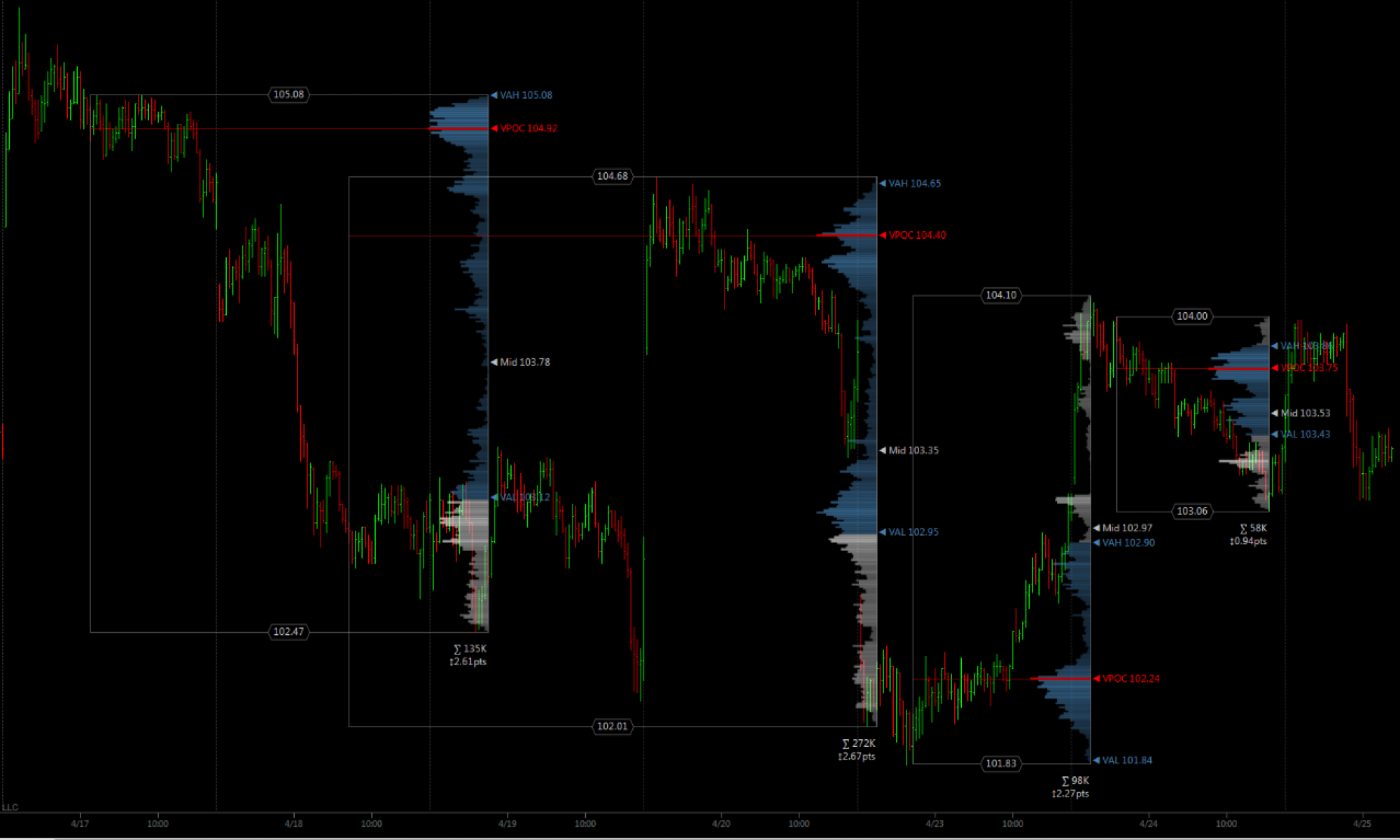I grabbed this from GREENTRADERTAX BLOG. This is a subject near and dear to my heart. This sounds very innocent on the outside looking in. This would have major ramifications on traders around the United States! Effectively closing up shop for 99.999% trading in the Unites States.
For more information see this blog.
New proposed FTT bills need to be stopped, including the French tax assault on America
December 2, 2012
By Robert A. Green, CPA
(Note to other media, tax and trading sites. We appreciate you covering this blog and our FTT petition. Thanks to Rob Booker of Traders Podcast for interviewing me on 12/7 on FTT. Listen to that podcast.)
Every user and service provider of U.S. financial exchanges needs to be aware of the harm that financial-transaction taxes (FTT) will cause. This tax will affect many groups, including retail, proprietary or hedge-fund traders; those who rely on pensions or charitable or university endowment funds; and those who work for a financial services company or exchange. Send this letter to your Congressman ASAP to protect your interests and the overall economy.
A few U.S. Congressmen are trying to include their proposed FTT bills in the fiscal-cliff negotiations. France passed an FTT and is trying to collect this tax from Americans. Join Rep. Tom Price in trying to stop the French tax assault on American investors. FTTs are snowballing in the EU, and President Obama and our Congressmen need to act now!
Please email this letter (or a revised version) to your Congressman. We need to act fast while tax talk swirls around Washington D.C. over the fiscal cliff and in 2013 with tax reform on the table.
Kindly also become a member of http://www.tradersadvocacy.org to help defend the tax and regulatory interests of traders. We have in-depth information on financial transaction taxes, including blogs, videos, podcasts and community threads.
Petition to Congress:
Dear Honorable Congressman:
As Congress and the administration consider all types of tax revenues for solving the fiscal cliff and the deficit in 2013, please don’t be tempted into considering a financial-transaction tax (FTT).
President Obama promised he would not raise taxes on the American middle class and poor, and that’s exactly what an FTT does. Instituting one is a shotgun approach that’s principally paid by the users of our financial markets. That includes all investors, retirees, charitable foundations which help the poor, and university endowments which provide scholarships and financial aid to students. Most pension funds are significantly underfunded, and those funds will have trouble catching up to where they need to be to pay retirees if an FTT is allowed to significantly affect their portfolios. Taxpayers will have to make up the difference.
For these very reasons, President Obama and Secretary Geithner denounced FTTs many times at the G-8 and G-20. President Obama has a better approach on taxing banks in his annual budget: instituting a “financial crisis responsibility fee” only charged to big banks on their liabilities (risk capital). President Obama expressed displeasure with Rep. Peter DeFazio for continuing to push his FTT bills in Congress with little sponsorship.
Congress is focused on raising tax revenue from the rich, but not from the middle class and poor. The Affordable Care Act starts a new Medicare 3.8% tax on Jan. 1 on the upper-income group’s unearned income, principally investment income. With Bush-era tax rates expiring on the upper income at year-end, capital gains and dividend tax rates are headed higher for them, too. They’re already being tapped for tax hikes on their investments.
Tax banks directly and target the upper income if you think that’s fair, but it’s unfair to use FTT to raise taxes on middle-class investors, retirement funds, charities, and university endowment funds. Don’t buck President Obama on this.
Say no to FTT bills from Rep. Keith Ellison (D-Minn), Rep. Peter DeFazio (D-OR) and Sen. Tom Harkin (D-Iowa). Congressional leaders dismissed pro-FTT bills to date, not showing them the light of day in Congress. But in negotiating the fiscal cliff deal before year-end, FTT advocates are trying to sneak one back on the table. Advocates argue it would be a tiny tax on each transaction, but it’s huge to active traders in cumulative — it could put some very active traders, including some market makers out of business. In May 2010, market makers stepped away from the markets and that contributed to the flash crash. Investors will lose a significant portion of their portfolio capital over time and it will rebalance their risk premium, further dampening investment.
France adopted a FTT recently – 0.2% on securities and less on derivatives – and it now includes American Depository Receipts (ADRs) of French equities trading on U.S. exchanges. This means for Americans who buy and sell French ADRs on U.S. exchanges or globally, the exchange is supposed to withhold FTT excise taxes and remit that tax revenue to the government of France. While President Obama hopefully can keep his pledge to protect middle class Americans from tax hikes, without further tools from Congress, he will be unable to block the French tax assault. This reminds me of the British slapping Americans with stamp duty taxes which led to the American Revolution. Congress must fix this fast!
Please support Rep. Tom Price’s Nov. 30 bill to enable the U.S. Treasury to block this French tax attack in America. It’s a slap in the face of the (French-gifted) Statue of Liberty. Visithttp://tomprice.house.gov/press-release/price-introduces-bill-opposing-financial-transaction-tax.
France and Germany influenced nine other EU members to adopt a similar FTT plan. After the UK, Sweden and several other EU members said no, they used the EU’s minority approach “enhanced cooperation” (EC) procedure. The crucial upcoming QMV (qualified majority voting) round of EC can defeat FTT EC-11, and that vote is extremely close.
The UK and Sweden are very against this EU FTT since it mostly falls on investors using London’s dominant exchanges. If the UK is very against it, the U.S. should be too, since the U.S. also has the world’s largest financial exchanges channeling investors from around the world, and stands to lose the most. Are you ready to allow the U.S. to become a minor player in financial services and cede financial industry jobs, payroll and income taxes to Asia on your watch? Sweden tried an FTT in the early 1990s and it decimated Swedish and Finnish banks overnight with financial transactions, along with banks and jobs fleeing to London. While Paris and Berlin may be willing to take this gamble as part of their effort to federalize the EU, London, New York and Chicago can’t afford this great risk. We have different interests to protect. Germany may slow this down to 2016, but France is pushing ahead and enforcing this tax on French ADRs in the U.S. now.
Rep. Price says in his press release: “Paying taxes to other countries is a bad idea – and we need a law to stop it! This financial transaction tax would harm small businesses and investors while damaging American entrepreneurs’ ability to compete in a competitive global environment. France and other European Union nations want to charge more taxes on financial transactions, ignoring the fact that small investors will be forced out of capital markets. This move would impede financial markets efficiency, decrease liquidity, distort and discriminate within markets, and raise costs all at a time when what our economy desperately needs is more private capital investment in growth and job creation. I urge my colleagues to act on behalf of American entrepreneurs, investors and job creators by joining this effort to preempt the imposition of any form of a financial transaction tax on American markets.”
To learn why a diverse group of people oppose the FTT, please read “Straight talk about the FTT” at:http://www.financialtransactiontaxes.com. (This includes more than 40 references with research from experts around the world.)
The goal of tax discussions is to raise revenue in a productive and fair fashion. An FTT fails this test. It falls on the middle class, and the rich can navigate around it by using markets that don’t charge one. President Obama, Speaker Boehner and the other Congressional leaders have enough on their plate right now with the fiscal cliff. It’s a bad idea to throw a major monkey wrench like an FTT into the mix, after President Obama and the other leaders already took it off the table. We can’t negotiate backwards.
Many leading economists, big-four accounting firms, law firms and government bodies have studied FTT and they concluded that revenue from an FTT would likely be more than offset by lost tax revenues related to job losses (payroll and income taxes), capital losses rather than capital gains taxes, and net operating loss tax refunds rather than business income taxes.
In the end, a FTT is a punitive attack against free-market capitalism. Why play politics and seek revenge, when we have an economy to fix and jobs to create?
Thank you for your cooperation and caring for your constituents’ needs.
Sincerely,

